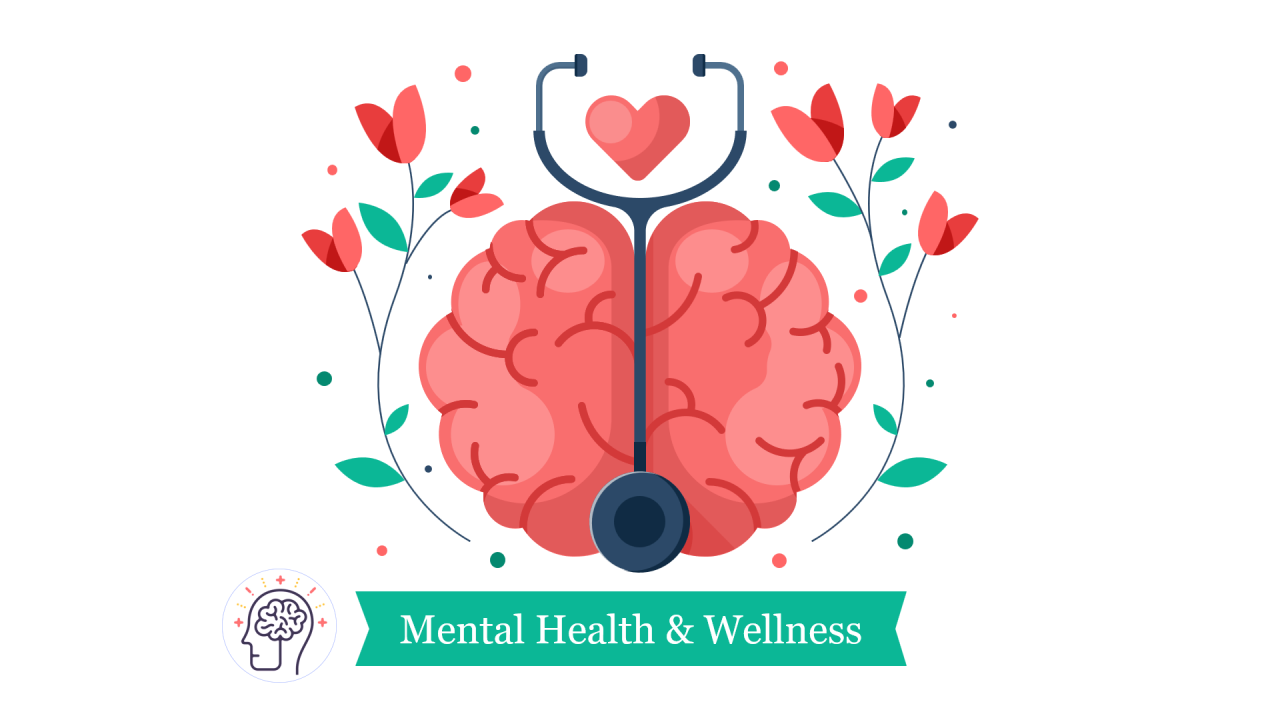In the dynamic landscape of Indian education, academic excellence often takes center stage, but neglecting the emotional well-being of students can lead to detrimental consequences; hence, India needs to act against rising violence in schools.
This is where mental health programmes for schools emerge as a vital necessity, playing a transformative role in nurturing tough and well-rounded individuals.
We’ll explore the pressing need for mental health programs in schools, the challenges faced, and the potential benefits they offer for students, teachers, and the entire school community.
The Need for Mental Health Programmes for Schools :
The need for mental health programmes for schools in India is undeniable. Consider these statistics:
- A 2020 study by the National Institute of Mental Health and Neurosciences (NIMHANS) revealed that 15-20% of children and adolescents in India experience mental health issues, with anxiety and depression being the most common.
- The stigma surrounding mental health like stress and anxiety remains prevalent, leading to underdiagnosis and delayed treatment.
- The lack of trained professionals and accessible resources further exacerbates the problem.
These statistics paint a concerning picture, highlighting the urgent need for mental health programs in schools to address the growing mental health concerns among students.
Challenges and Roadblocks:
Implementing effective mental health programmes for schools in India faces several challenges:
- Limited resources : The shortage of trained counselors, psychologists, and other mental health professionals poses a significant barrier.
- Stigma and awareness : Addressing the stigma surrounding mental health within schools and communities is crucial for encouraging students to seek help.
- Curriculum integration : Integrating mental health education seamlessly into existing curriculums to ensure holistic development requires careful planning and adaptation.
Despite these challenges, the potential benefits of mental health programs in schools outweigh the obstacles.
The Benefits of Mental Health Programs in Schools:
Investing in mental health programmes for schools can give numerous benefits for students, teachers, and the entire school community:
- Improved student well-being: Addressing mental health concerns early on can prevent escalation and promote emotional well-being, leading to better academic performance and social interactions.
- Enhanced teacher well-being: Teachers equipped with mental health awareness can better understand and support students, creating a more positive learning environment.
- Reduced stigma and increased awareness: By normalizing conversations about mental health, programs can break down stigma and encourage help-seeking behavior.
- Stronger school communities: Schools with a focus on mental health foster a more supportive and inclusive environment for all members.
Program Models and Approaches:
Various mental health program models can be adapted to the Indian context.
Some examples include:
- School-wide prevention programs: These programs aim to promote positive mental health for all students through awareness campaigns, life skills training, and creating a supportive school environment.
- Early intervention programs: These programs provide targeted support to students identified with early signs of mental health concerns.
- Individual therapy and counseling: Individualized therapy can offer personalized support for students facing specific challenges.
Moving Forward: Building a Future of Well-being:
Investing in mental health programmes for schools is not just a moral imperative; it’s a strategic investment in the future of India. By prioritizing mental well-being, we empower students, teachers, and communities to thrive, creating a more resilient and compassionate society.
Here are some key steps to move forward:
- Advocacy and awareness: Raising awareness about the importance of mental health and advocating for increased funding and resources.
- Training and capacity building: Equipping teachers and counselors with the skills and knowledge to support students’ mental health.
- Collaboration and partnerships: Building partnerships between schools, mental health professionals, and community organizations to share resources and expertise.
- Data-driven decision-making: Implementing programs based on evidence and evaluating their impact to ensure effectiveness.
Conclusion:
Investing in mental health programmes for schools in India is not just a dream; it’s a necessity. By recognizing the challenges, embracing the potential benefits, and taking concrete steps towards implementation, we can create schools that nurture not only academic excellence but also emotional well-being, paving the way for a brighter future for generations to come.

